Certified Space Network Architect (CSNA)™
Learn about CSNA program
- Length: 5 days
- Instructor led
- Online, onsite and Live online
Certified Space Network Architect (CSNA)™
The Certified Space Network Architect (CSNA)™ Certification, offered in collaboration by Tonex and IS4, is a comprehensive program designed to equip professionals with the specialized knowledge and skills required to architect and manage space-based communication networks. This certification delves into the intricacies of space networking, covering key concepts, technologies, and best practices essential for success in this dynamic field.
This comprehensive certification explores the complexities of space-based communication networks, equipping participants with specialized knowledge and skills vital for architecting and managing these intricate systems. The CSNA™ certification encompasses fundamental principles, advanced protocols, satellite link budget analysis, and the integration of emerging technologies like AI and IoT into space network design.
With a focus on security, resilience, troubleshooting, and maintenance, participants will emerge as experts capable of navigating the dynamic challenges of space networking. Ideal for engineers, project managers, architects, and those aspiring to enter the space networking domain, CSNA™ establishes a benchmark for excellence in the rapidly evolving field of space communication. Elevate your career with this certification and become a Certified Space Network Architect, positioned at the forefront of space networking innovation and expertise.
Learning Objectives:
- Gain a deep understanding of space-based communication architectures.
- Acquire proficiency in designing and optimizing space network protocols.
- Master the principles of satellite link budget analysis and optimization.
- Develop expertise in implementing secure and resilient space communication systems.
- Learn to integrate emerging technologies, such as AI and IoT, into space network design.
- Obtain the skills necessary to troubleshoot and maintain space network infrastructures.
Audience: This certification is ideal for professionals in the aerospace and telecommunications industries, including engineers, architects, project managers, and system analysts. It is also suitable for individuals aspiring to enter the space networking domain or enhance their existing expertise.
Course Outline:
Module 1: Fundamentals of Space Networking
- Basics of Space Communication Architectures
- Orbital Dynamics Overview
- Satellite Communication Principles
- Regulatory Framework in Space Networking
- Spectrum Management for Space Communication
- Space Link Performance Metrics
Module 2: Space Network Protocols
- TCP/IP in Space Communications
- CCSDS Protocols
- Advanced Space Data Link Protocols
- Error Control and Correction Mechanisms
- Quality of Service (QoS) in Space Networks
- Protocol Optimization Techniques
Module 3: Satellite Link Budget Analysis
- Link Budget Calculation Essentials
- Signal Propagation in Space
- Antenna Gain and Loss Analysis
- Atmospheric and Environmental Factors
- Link Margin Optimization Strategies
- Advanced Link Budget Tools and Software
Module 4: Secure and Resilient Space Communication Systems
- Security Principles in Space Networks
- Encryption Techniques for Space Communications
- Resilience Strategies in Space Networking
- Redundancy and Failover Mechanisms
- Cybersecurity Best Practices in Space Networks
- Incident Response and Recovery in Space Communication
Module 5: Integration of Emerging Technologies
- AI Applications in Space Networking
- IoT Integration in Space Communication Systems
- Machine Learning for Space Network Optimization
- Quantum Communication in Space
- Edge Computing in Satellite Networks
- Advanced Sensor Networks in Space
Module 6: Troubleshooting and Maintenance
- Diagnosing Space Network Issues
- Monitoring and Logging in Space Communication
- Maintenance Best Practices for Space Infrastructures
- Remote Troubleshooting in Space Networking
- Software and Firmware Updates for Satellites
- Continuous Improvement Strategies in Space Networking
Preparation for Certified Space Network Architect (CSNA)™ Certification:
- Introduction to CSNA Certification
- Prerequisites and Eligibility Criteria
- CSNA Exam Structure
- Recommended Study Resources
- Effective Study Strategies
- Hands-On Experience and Practical Labs
Exam Domains:
Spacecraft Communication Systems
- Principles of spacecraft communication
- Communication protocols and standards
- Link budget analysis
- Antenna design and optimization
Satellite Network Design
- Satellite orbit types and characteristics
- Constellation design and management
- Inter-satellite link (ISL) establishment
- Ground station deployment and optimization
Spacecraft Data Handling
- Data transmission techniques
- Error detection and correction methods
- Data compression algorithms
- Security considerations in space data handling
Spacecraft Navigation and Positioning
- Celestial navigation principles
- Satellite positioning systems
- Orbit determination techniques
- Relative and absolute positioning methods
Spacecraft Integration and Testing
- Integration processes for spacecraft systems
- Testing methodologies and procedures
- Environmental testing (thermal, vacuum, radiation)
- Integration challenges and solutions
Question Types:
- Multiple Choice Questions (MCQs)
- Assess understanding of theoretical concepts and principles.
- Scenario-based Questions
- Present real-world scenarios for analysis and problem-solving.
- Diagram Interpretation
- Interpretation of spacecraft network diagrams, link budgets, or antenna patterns.
- Short Answer Questions
- Require concise explanations of concepts or processes.
- Case Studies
- Analyze and propose solutions for complex spacecraft network design or integration scenarios.
Passing Criteria:
- Candidates must achieve a minimum score of 70% to pass the CSNA exam.
- Each domain contributes proportionally to the overall score, with no specific minimum score required in each domain.
- Exam results are based on the cumulative performance across all domains.
Need help? Contact us
